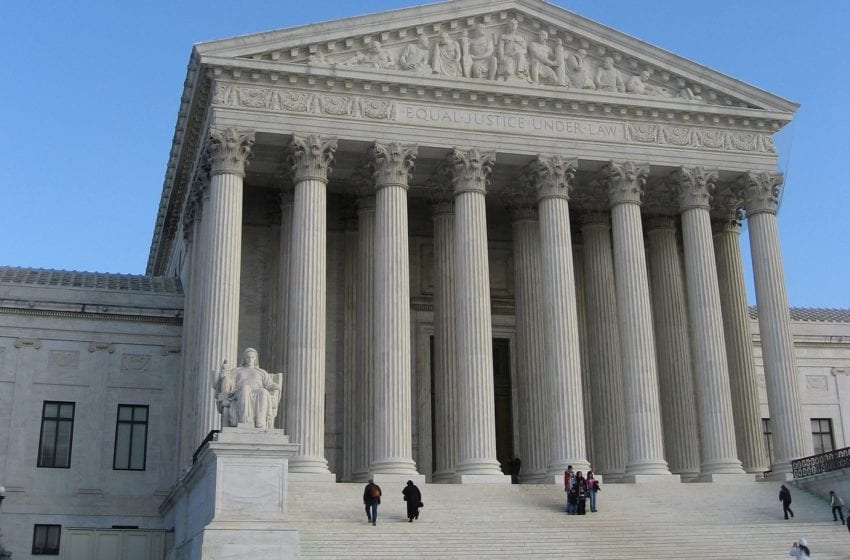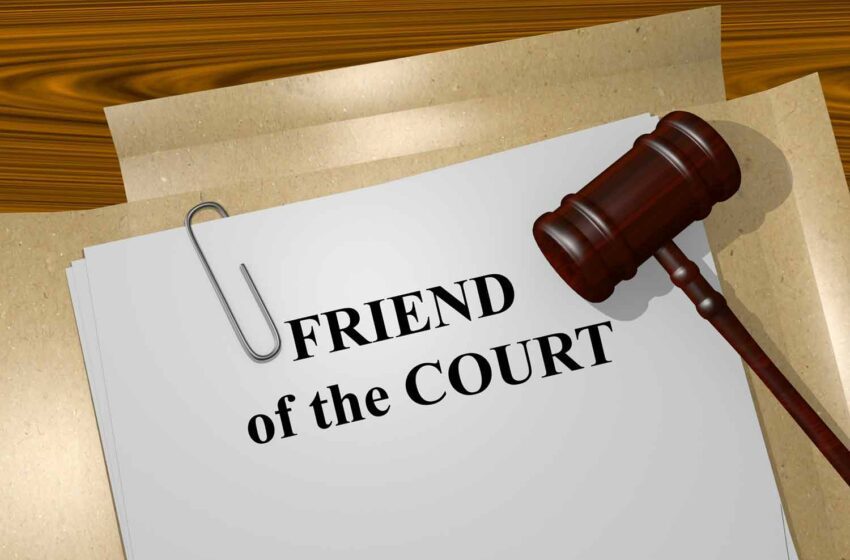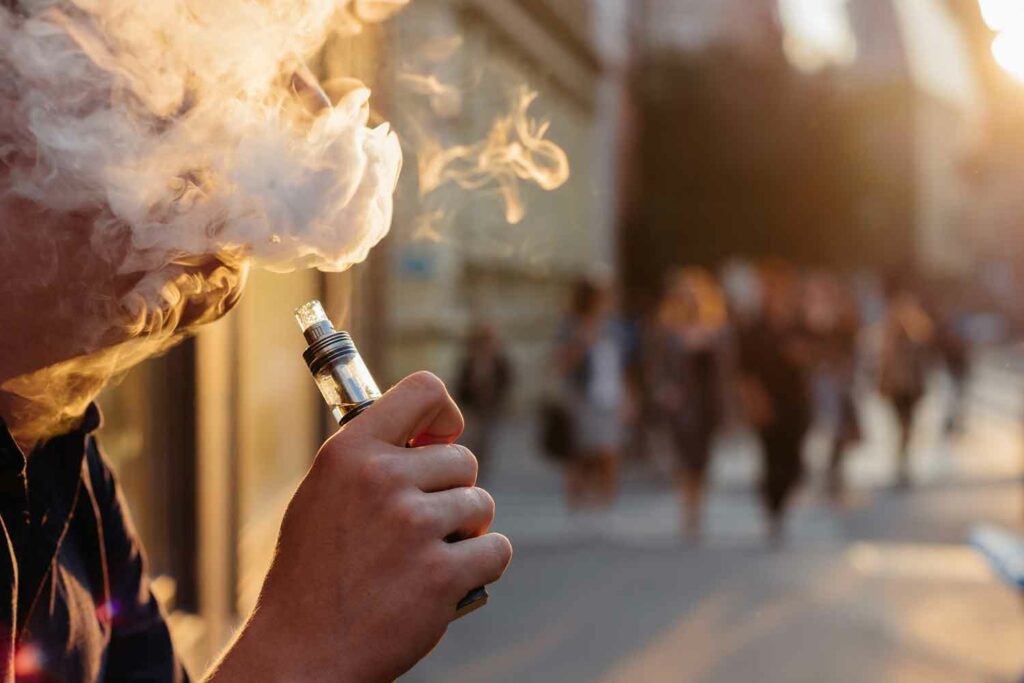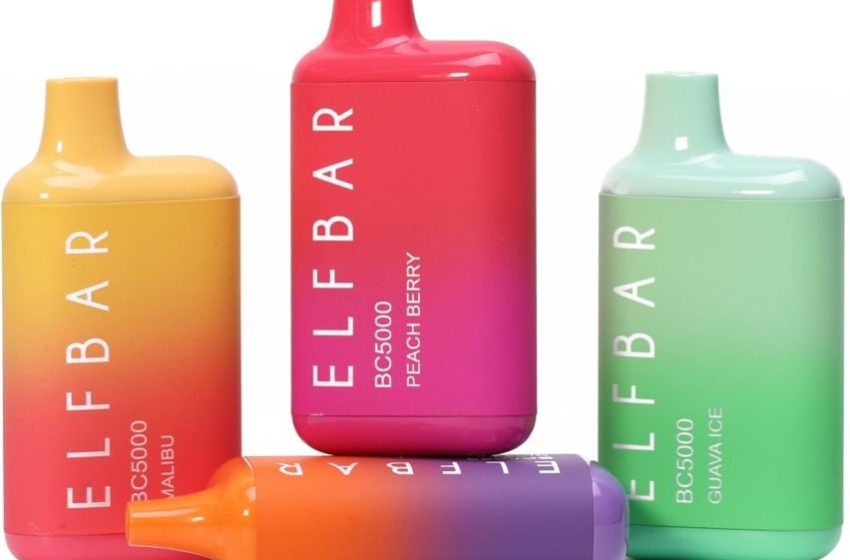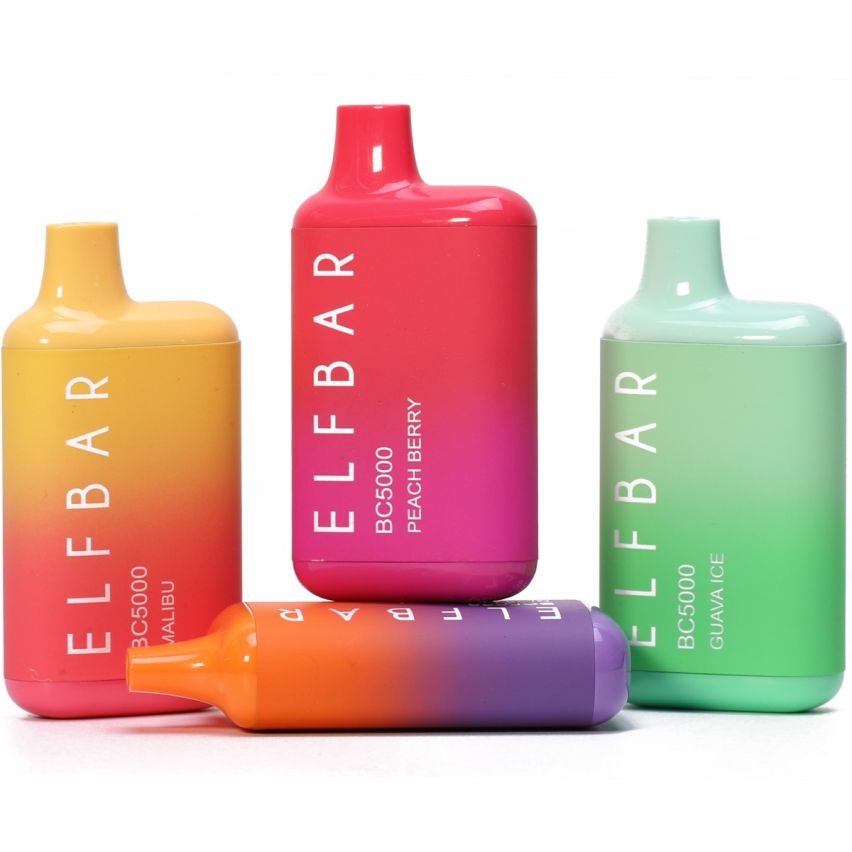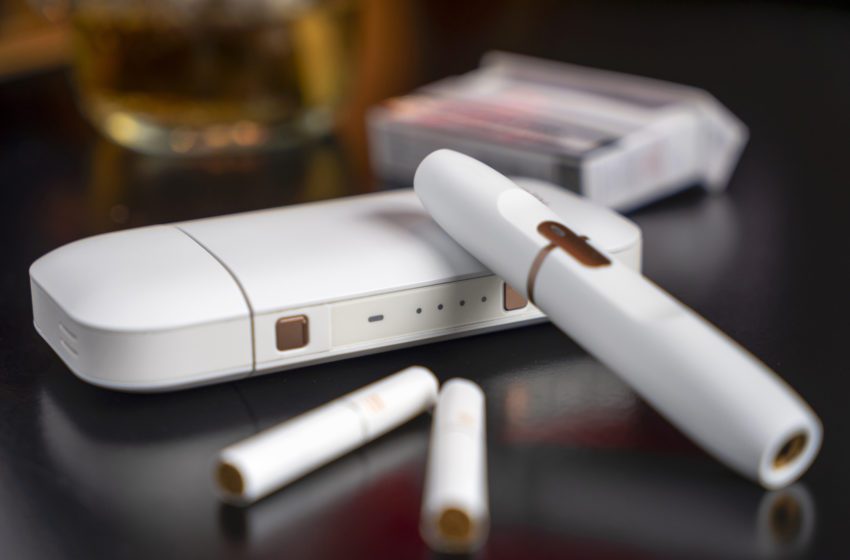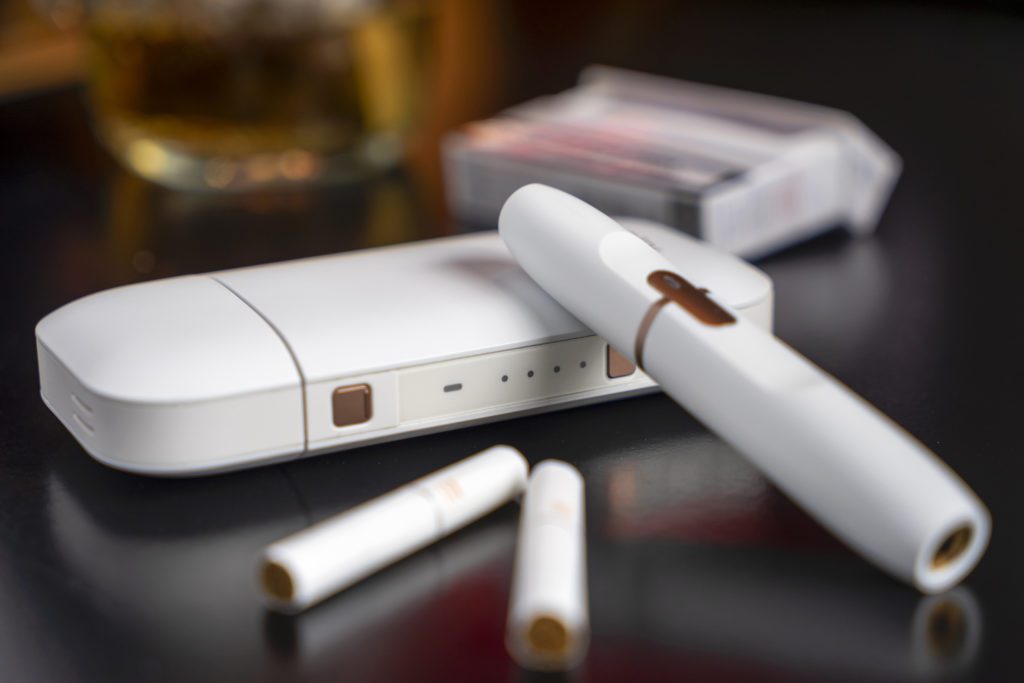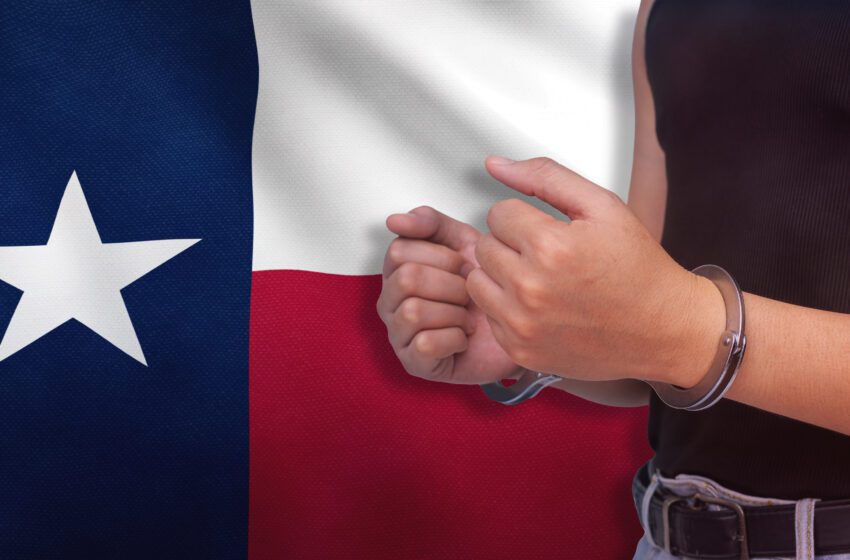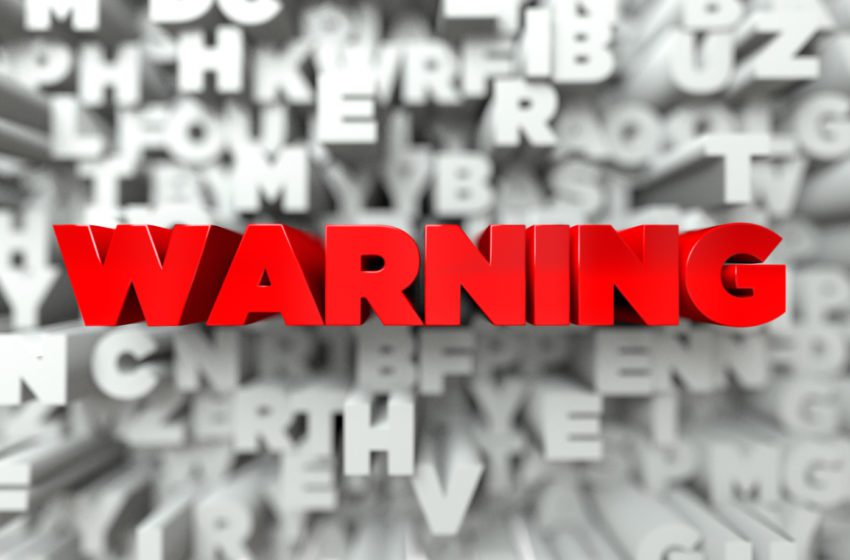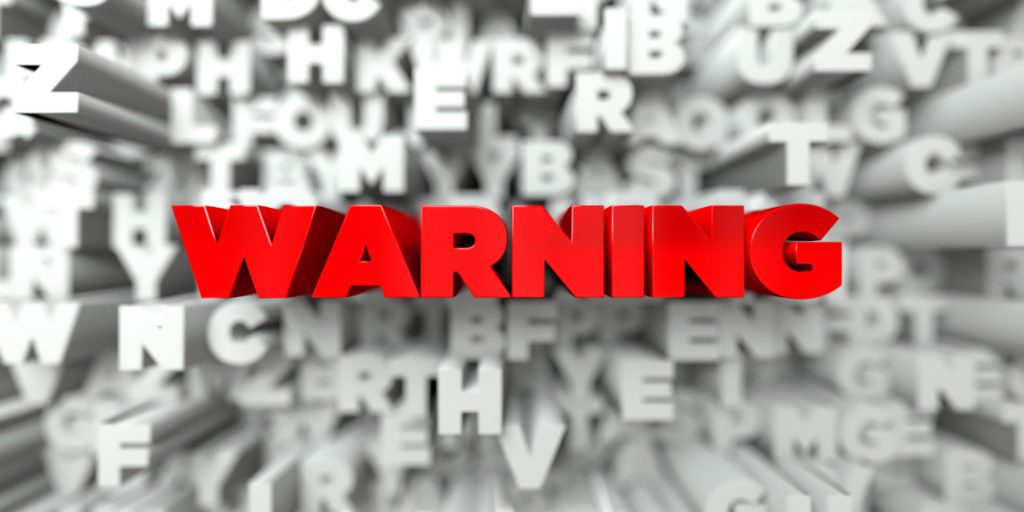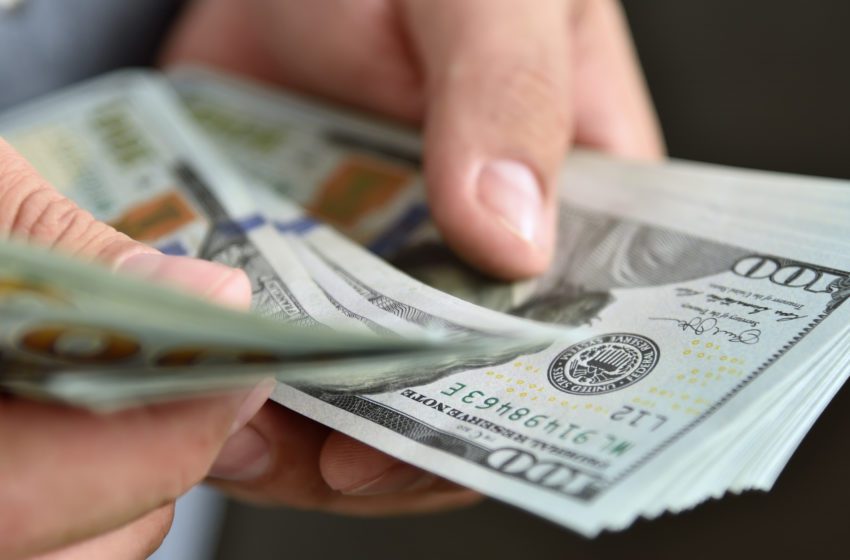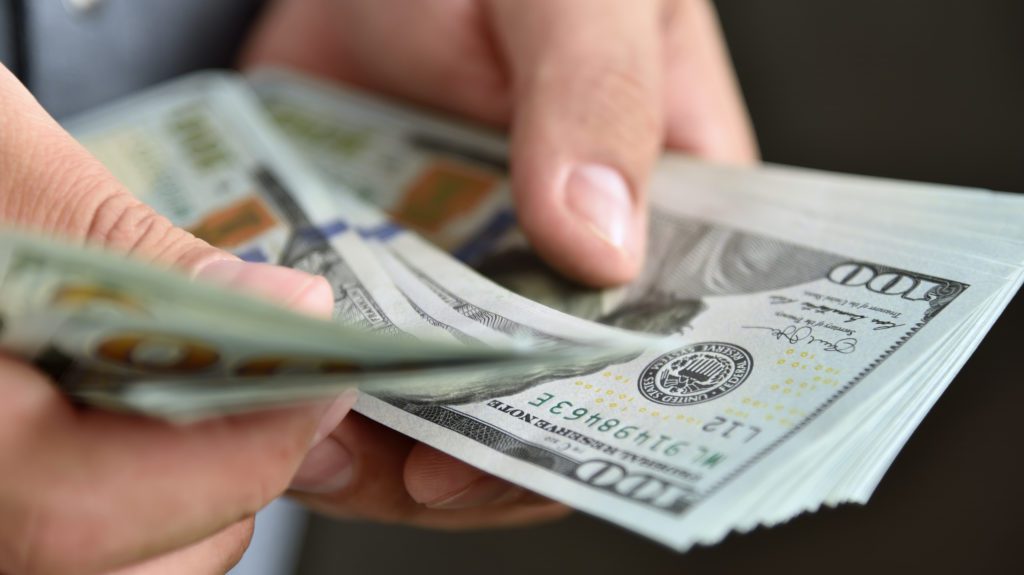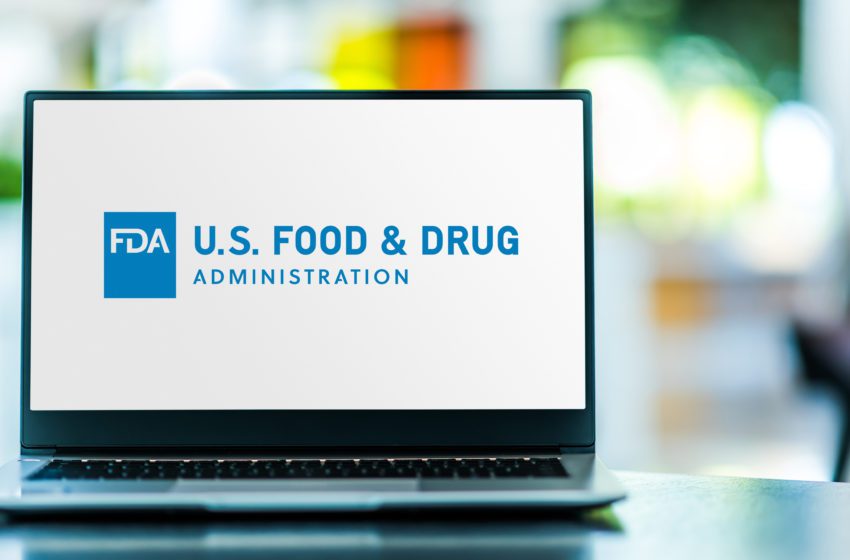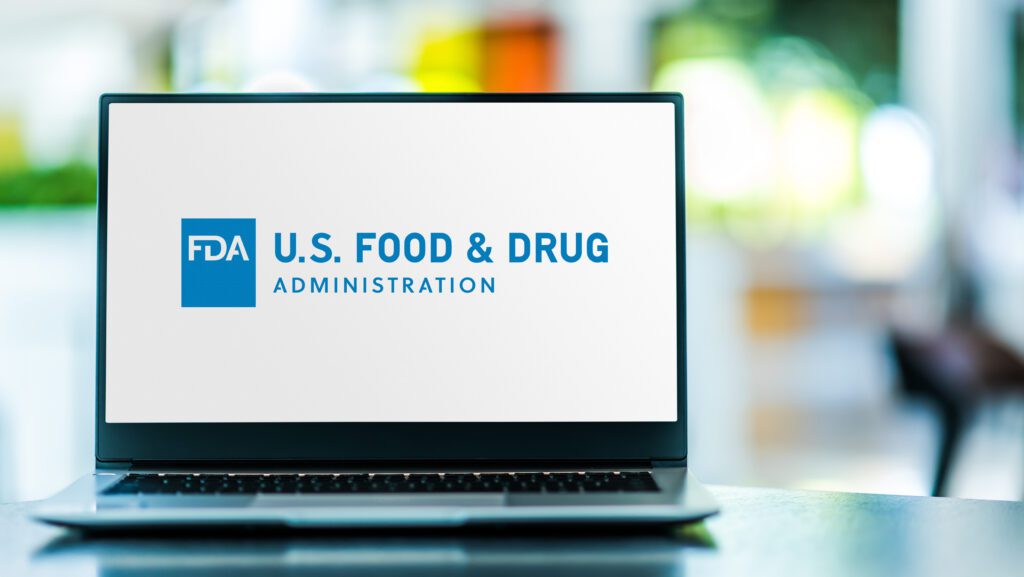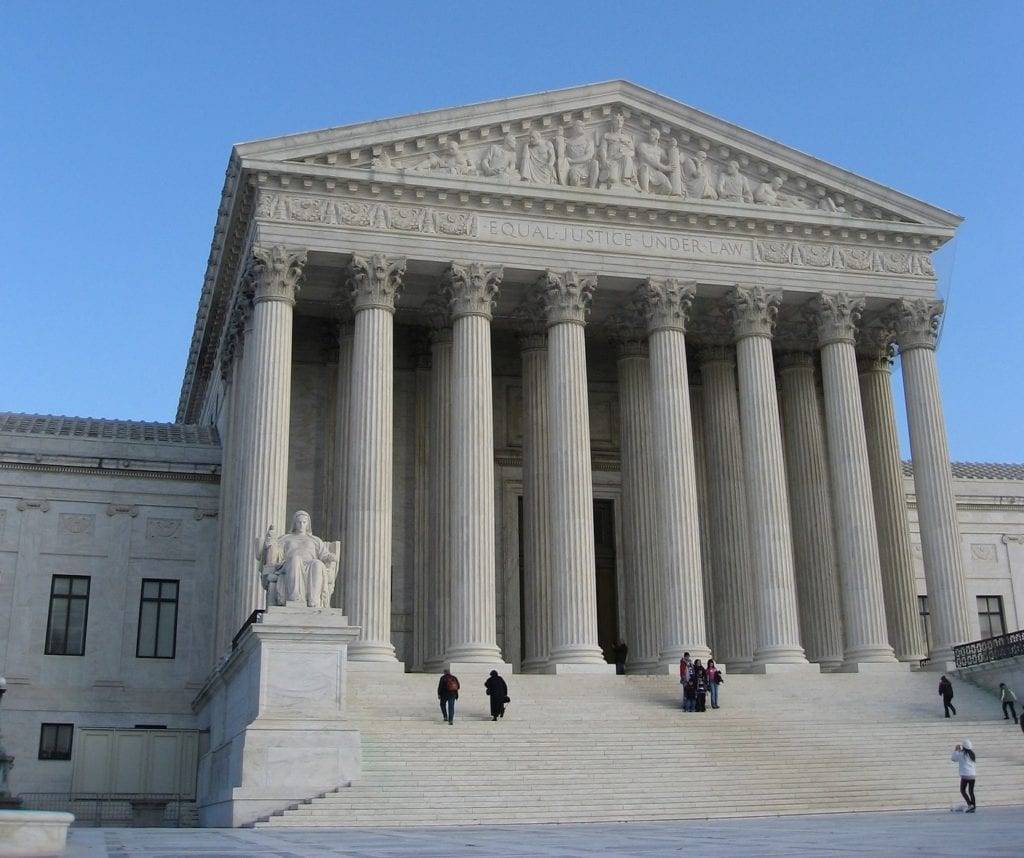
A group of congressional lawmakers urged the Supreme Court of the United States to overturn a lower court ruling that blocked federal regulators from rejecting certain e-cigarette products. They argued that the move could hinder government efforts to keep illegal vaping products off store shelves.
The Supreme Court is set to tackle the FDA’s power to regulate vape sales altogether this term, in FDA v. Wages and White Lion Investments, LLC. The forthcoming case challenges a January ruling from the Fifth Circuit, which found that the FDA overstepped its authority when it rejected marketing applications from two manufacturers looking to sell flavored liquids for e-cigarettes, according to Courthouse News.
In an amicus brief filed with the Supreme Court Monday, the group of legislators — led by Senate Majority Whip Dick Durbin, Oregon Senator Jeff Merkley and New Jersey Representative Frank Pallone — argued that the FDA’s decision to reject these marketing applications was “carefully” reasoned.
“Guided by Congress’ chief directive — to deny such authorization unless a product under review would be ‘appropriate for the protection of the public health’ … FDA has been appropriately mindful of children and teenagers, the most vulnerable pool of non-tobacco users,” the lawmakers wrote.
They contended that judicial oversight of the agency’s authority had been “generally consistent” until the Fifth Circuit’s ruling and had not impeded it from accomplishing its regulatory responsibilities.
The legislatures told the high court that allowing the lower court’s ruling to stand would not only force the FDA to waste resources reevaluating the rejected marketing applications but could also invite other manufacturers previously rejected by the FDA to relitigate their own marketing requests.
“While those applications are once again pending FDA review, the tobacco products they cover would continue to be sold, despite the law’s clear pre-market authorization regime,” the lawmakers said. That provides a “powerful financial incentive” for manufacturers to reapply for FDA approval, even if they know the agency will ultimately deny their applications.

